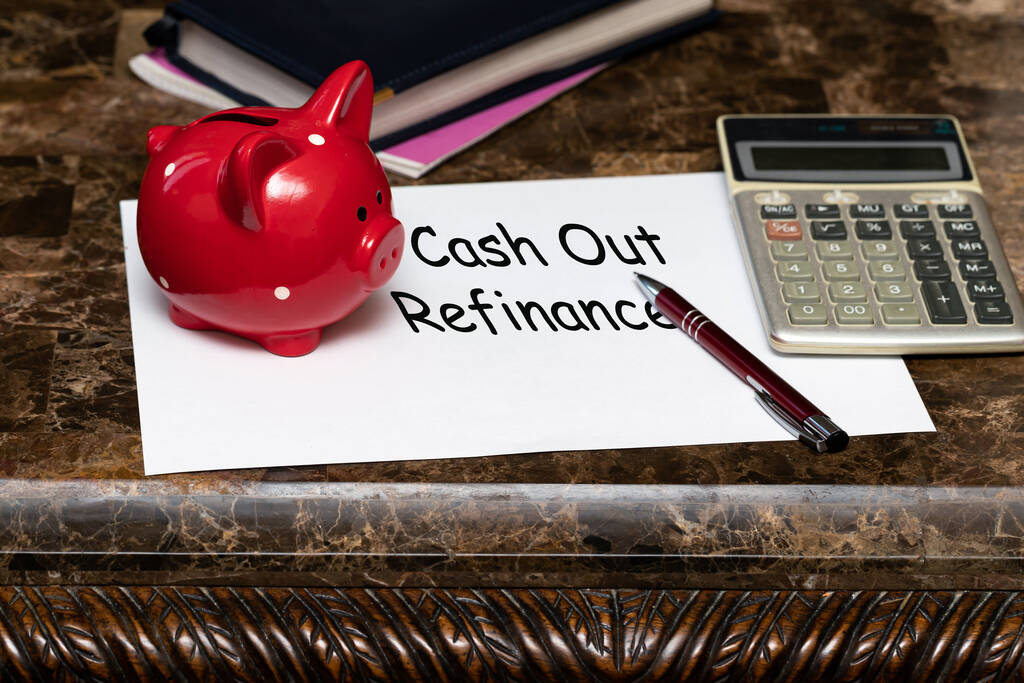Secured loans, which require assets as security, are a common financing option for businesses. However, failing to meet repayment obligations can lead to costly consequences. Today, we will explore these implications and help business owners like you make better-informed decisions and manage financial risks more effectively.
Key Takeaways of Failing to Repay Secured Loans
| Key Points | Description |
|---|---|
|
Digging Deeper on Secured Loans
|
Secured business loans require tangible assets as security, offering access to larger loan amounts and favourable interest rates but necessitate careful consideration due to the risks that come with loan defaults. |
|
The Risks of Defaulting on a Secured Loan
|
Defaulting can lead to the loss of secured assets, damage to credit scores, and legal repercussions, including additional financial strains from court costs and fees.
|
|
Loan Default and Recovery Process
|
The process may involve formal legal notices, potential enforcement of debt, possession and sale of secured assets, and possible liability for any shortfall if the sale doesn’t cover the entire debt.
|
|
Protecting Your Business and Assets
|
Strategies include renegotiating loan terms, refinancing for more viable loan terms and seeking professional financial advice to avoid defaulting on secured loans.
|
Digging Deeper: Understanding Secured Loans
Secured business loans are distinguished by the use of tangible assets as security. These assets, which could be real estate, equipment or balance sheet assets like accounts receivables, are pledged to the lender as a guarantee for the loan.
The presence of security typically allows businesses to access larger loan amounts and more favourable interest rates, as it reduces the lender’s risk. However, it’s this very aspect of secured loans that necessitates a deeper understanding and careful consideration. The decision to tie crucial assets to a loan agreement should not be taken lightly, as it may potentially impact your company’s current and future financial stability.
The Risks of Defaulting on a Secured Loan
Defaulting on a loan means not adhering to the agreed repayment terms, which can include missing payments or failing to keep the secured assets insured if the loan agreement requires you to do so. The most immediate risk in such a scenario is the loss of the secured assets—the equipment, properties or any other assets listed in the loan document. Lenders have the legal authority to take possession of and sell these assets to recover the owed amount.
Apart from the loss of assets, defaulting on a secured loan can significantly damage a business’s credit score. In Australia, such defaults are recorded by credit agencies like Equifax & Experian, negatively affecting the company’s credit history and future borrowing capacity.
Moreover, defaulting can lead to legal repercussions. Lenders may pursue legal action and take you to court to recover the debt. If a judgment is made against your company, the court may order you to pay the lender’s court costs and fees. That can add to the financial strain and potentially harm your business’s reputation.

The Process of Loan Default and Recovery
Generally, here are the steps lenders take when a borrower defaults on a secured business loan:

Default or Demand Notices
The lender issues formal legal notices once a business defaults on a secured loan. These notices outline the details of the default, the actions required to remedy it, and the timeframe for these actions. Borrowers must read and respond to these notices, as failure to do so can lead to further collection or enforcement steps.

Enforcement of Debt and Possession of Secured Assets
If the issues outlined in the demand or default notices are not resolved, the lender may proceed with steps to recover the owed amounts. This can include taking possession of assets used as security for the loan, appointing a controller to manage and sell such assets, or initiating court proceedings for debt payment or possession of secured property.

Sale of Secured Property to Repay Business Debt
Once the lender has taken control of the property or assets, they will proceed to sell them, aiming to achieve either the market value or the highest price possible. The money earned from this sale is then applied to settle the outstanding business loan. If the sale generates more funds than the owed amount, the excess is given back to the borrower. However, if the sale doesn’t cover the entire debt, the borrower (and any guarantors) may remain liable for the shortfall.
Protecting Your Business and Assets
If your business faces financial hardship and foresees missing your loan repayments, here are some strategies you can do to avoid a loan default:

Explore Renegotiation Options:
If you foresee difficulties meeting loan obligations, engage in early discussions with your lender. Transparency can lead to negotiations for revised terms or payment plans, potentially avoiding costly loan defaults.

Consider Refinancing Your Business Loan:
Explore refinancing options to secure more favourable loan terms. This could involve extending the loan period or finding a new business loan with a lower interest rate, thereby reducing the monthly repayment burden. You can also fund your business using a second mortgage business loan or different financing products from the same or a different lender.

Seek Professional Advice:
Talk to financial advisors or debt management professionals. They can offer insights and strategies tailored to your business’s unique situation, helping you navigate financial challenges and avoid a secured business loan default.
Get in Touch with Dark Horse Financial
Secured business loans can be a powerful tool for growth and operational stability. However, they come with risks, particularly if you’re unable to repay. Understanding the implications of non-repayment and taking proactive actions to avoid loan default is key to making the most of secured loans.
If you are considering a secured business loan in Australia or have concerns about your current loan, it’s wise to seek professional advice. Contact us or get a free quote. We’re here to help you navigate the complexities of secured loans, ensuring that your business makes informed financial decisions.





